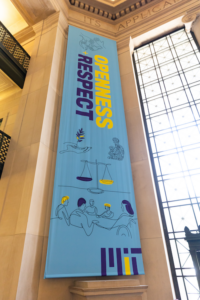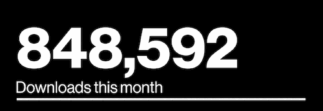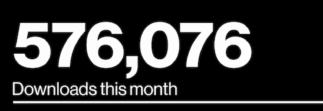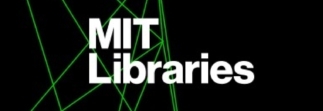 This October is the 15th anniversary of International Open Access Week, a celebration of the open sharing of research knowledge in scholarly publications. The 2023 theme, “Community over Commercialization,” syncs well with one of MIT Libraries’ current aims: A commitment to supporting non-profit publishers and publishing models that are more equitable for all.
This October is the 15th anniversary of International Open Access Week, a celebration of the open sharing of research knowledge in scholarly publications. The 2023 theme, “Community over Commercialization,” syncs well with one of MIT Libraries’ current aims: A commitment to supporting non-profit publishers and publishing models that are more equitable for all.
Open access (OA) refers to scholarship that is immediately, freely available for anyone to read and build from. Unfortunately, not all approaches to open access prioritize the best interests of the public and the academic community. Many commercial publishers charge high fees to authors to publish their work open access; this can lock out scholars from less privileged institutions or underfunded disciplines. “It’s simply shifting inequity in the system, from an inequity in access to read to an inequity in access to publish,” says Chris Bourg, director of MIT Libraries.
The MIT Libraries are committed to the pursuit of a more open and equitable scholarly landscape. We invest in a variety of non-profit journals, publishers, platforms, and organizations that advance this goal and that prioritize the needs and values of the scholarly community.
Some recent investments include:
- The MIT Press initiative Direct to Open (D2O), which makes scholarly monographs open access. As a ground-floor supporter, the Libraries helped subsidize participation in D2O by smaller and less well-resourced institutions.
- Multi-year support to a half-dozen “diamond” OA journals — that is, journals that are both free to read and to publish in — via the Lyrasis Open Access Community Investment Program, in which scholarly community members collectively fund open access.
- Two Latin American initiatives: LA Referencia, a network of repositories that promotes open and free access to articles, with special emphasis on publicly financed results; and Redalyc/ AmeliCA, publishing infrastructure that offers services to more than 1,400 diamond OA journals published by 670 institutions from 31 countries.
- The Research Organization Registry, a nonprofit that provides open, permanent identifiers to research organizations. ROR identifiers are used in journal publishing systems, data repositories, and other scholarly infrastructure to make researchers’ work easier to find.
The impact of new knowledge on the world and on our collective ability to understand and address global challenges is accelerated through more open, equitable and collaborative models of scholarly communication. As the scholarly publishing landscape continues to evolve, we will continue to support community-led initiatives that advance our vision of a world “where enduring, abundant, equitable, and meaningful access to information serves to empower and inspire humanity.”
To learn more about the ways we’re supporting OA publishing, visit libraries.mit.edu/oasupport.


